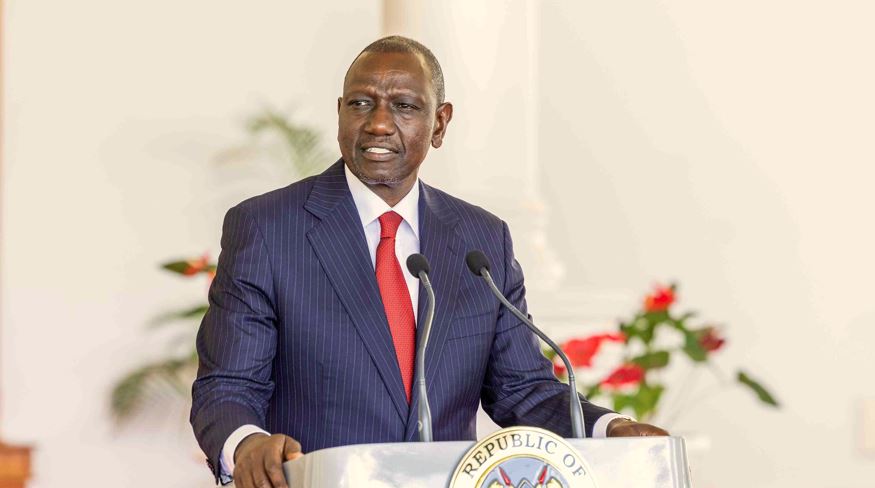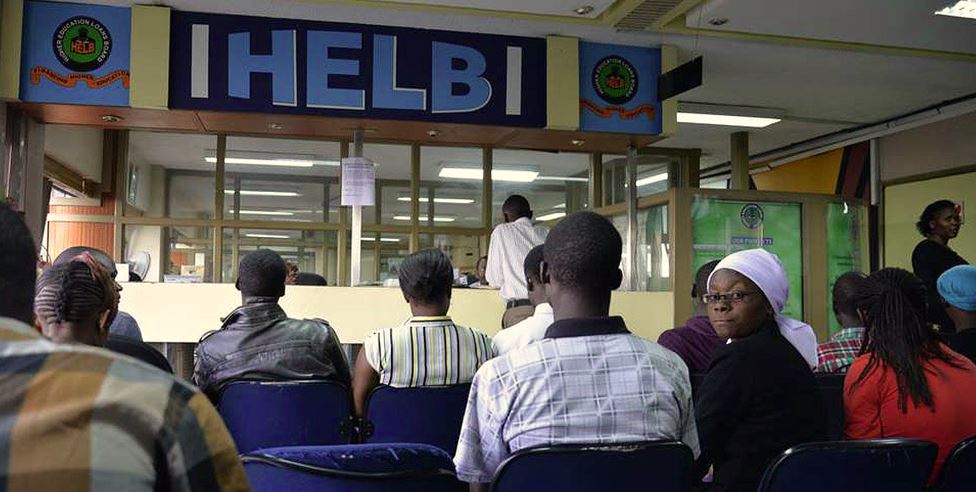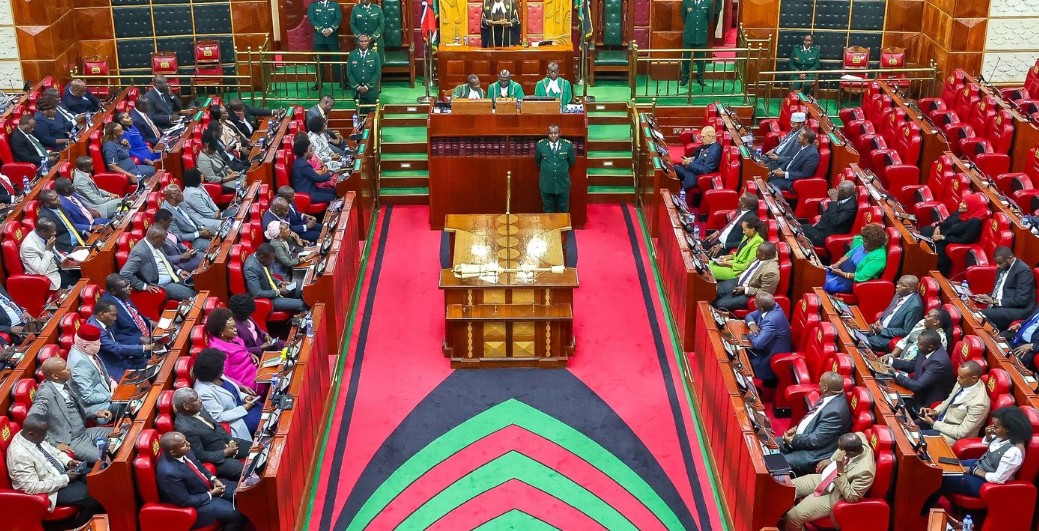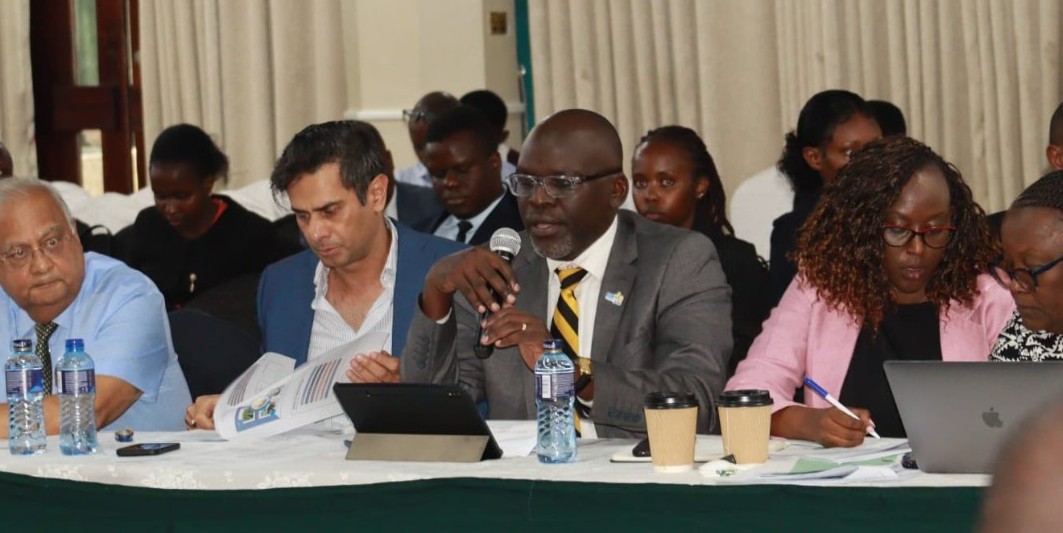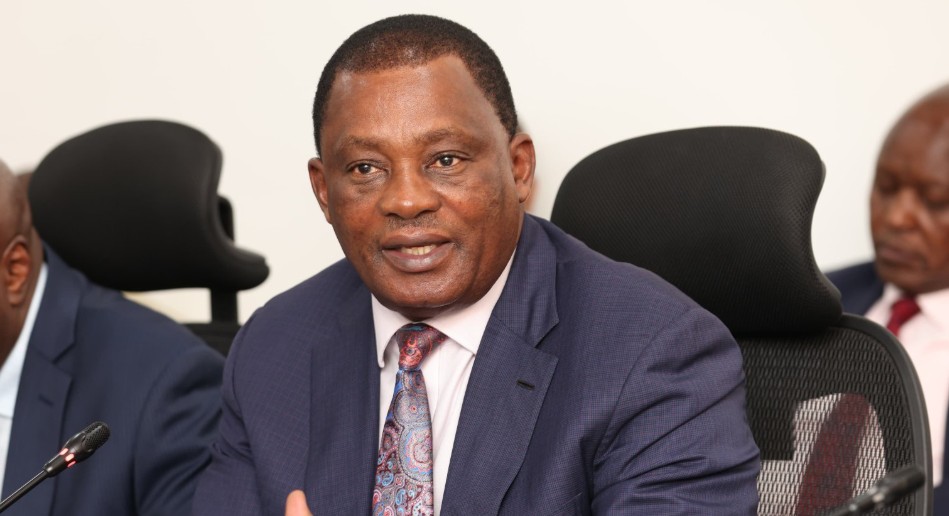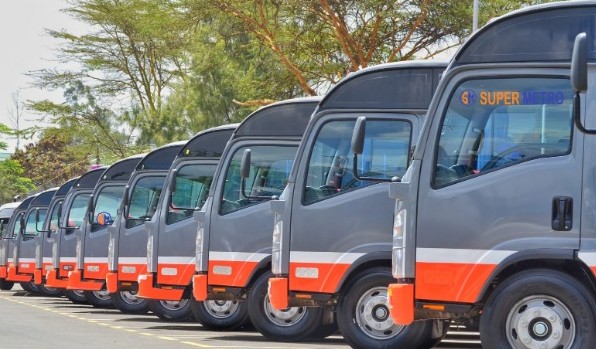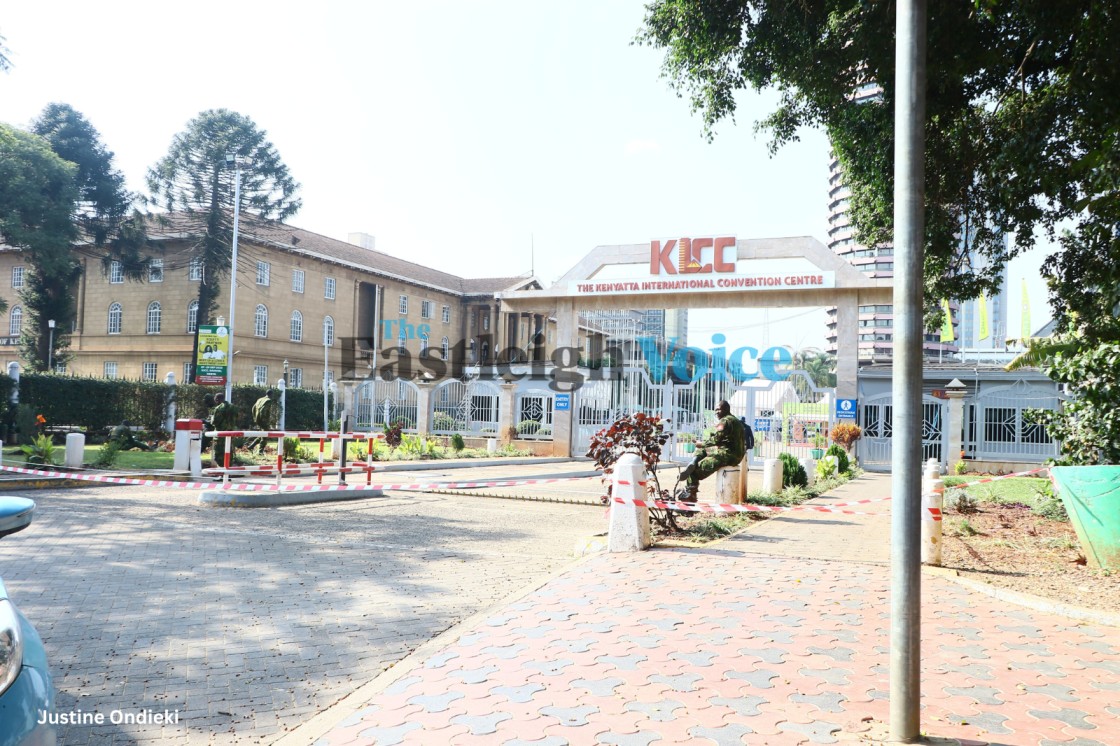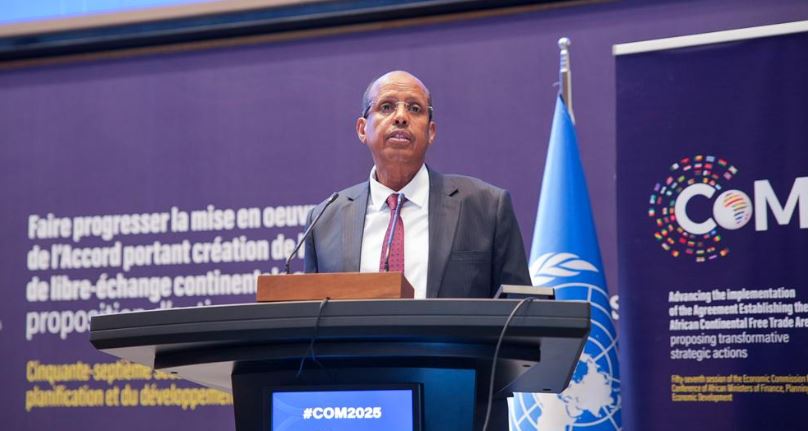Sudan to allow aid agencies to use Adre border crossing for three more months
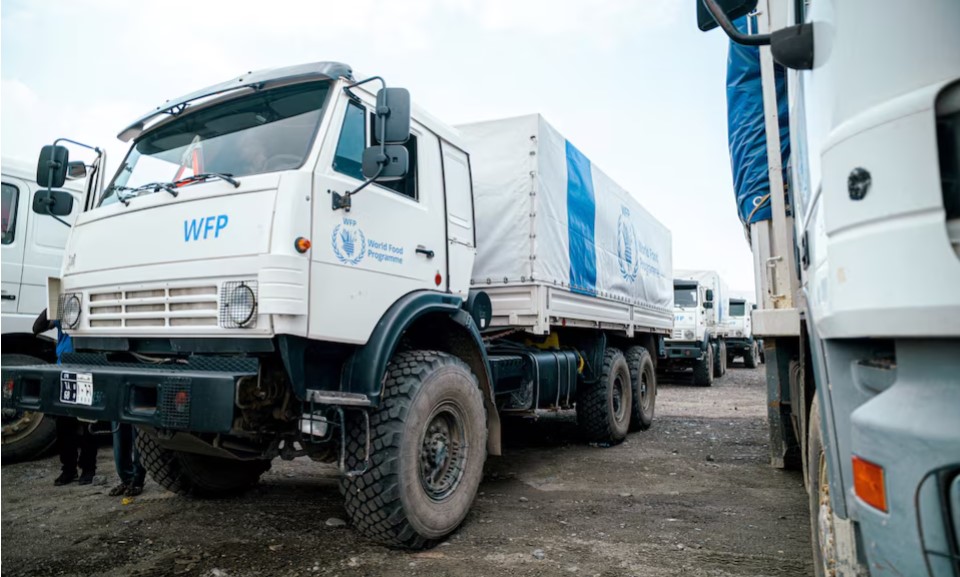
The government had last year restricted the use of the crossing, which is crucial to reaching famine-stricken parts of the Darfur region, saying that the rival Rapid Support Forces used it to transport weapons, which it denied.
Sudan's government said on Monday it would allow aid agencies to use the Adre border crossing for a further three months as of February 16.
The government had last year restricted the use of the crossing, which is crucial to reaching famine-stricken parts of the Darfur region, saying that the rival Rapid Support Forces used it to transport weapons, which it denied.
More To Read
- Over 45 killed in RSF attack in western Sudan, local organisations say
- Sudan conflict: Latest in a history of coups, wars and instability
- Sudanese army seizes full control of presidential palace in Khartoum, Sudan TV and military sources say
- Sudan, Somalia, Somaliland caught in alleged US-Israel talks to relocate Palestinians
This comes as U.N. officials on Monday asked for $6 billion for Sudan this year from donors to help ease what they called the world's worst-ever hunger catastrophe and the mass displacement of people brought on by civil war.
The U.N. appeal represents a rise of more than 40% from last year's for Sudan at a time when aid budgets around the world are under strain, partly due to a pause in funding announced by U.S. President Donald Trump last month that has affected life-saving programs across the globe.
The U.N. says the funds are necessary because the impact of the 22-month war between Sudan's army and the paramilitary Rapid Support Forces (RSF) - that has already displaced a fifth of its population and stoked severe hunger among around half its population - looks set to worsen.
World Food Programme chief Cindy McCain, speaking via video to a room full of diplomats in Geneva, said: "Sudan is now the epicentre of the world's largest and most severe hunger crisis ever."
She did not provide figures but Sudan's total population currently stands at about 48 million people. Among previous world famines, the Bengal Famine of 1943 claimed between 2 million and 3 million lives, according to several estimates, while millions are believed to have died in the Great Chinese Famine of 1959-61.
Famine conditions have been reported in at least five locations in Sudan, including displacement camps in Darfur, a U.N. statement said, and this was set to worsen with continued fighting and the collapse of basic services.
"This is a humanitarian crisis that is truly unprecedented in its scale and its gravity and it demands a response unprecedented in scale and intent," U.N. Emergency Relief Coordinator Tom Fletcher said.
One of the famine-stricken camps was attacked by the RSF last week as the paramilitary group tries to tighten its grip on its Darfur stronghold.
While some aid agencies say they have received waivers from Washington to provide aid in Sudan, uncertainty remains on the extent of coverage for providing famine relief.
The U.N. plan aims to reach nearly 21 million people within the country, making it the most ambitious humanitarian response so far for 2025, and requires $4.2 billion - the rest being for those displaced by the conflict.
Top Stories Today
